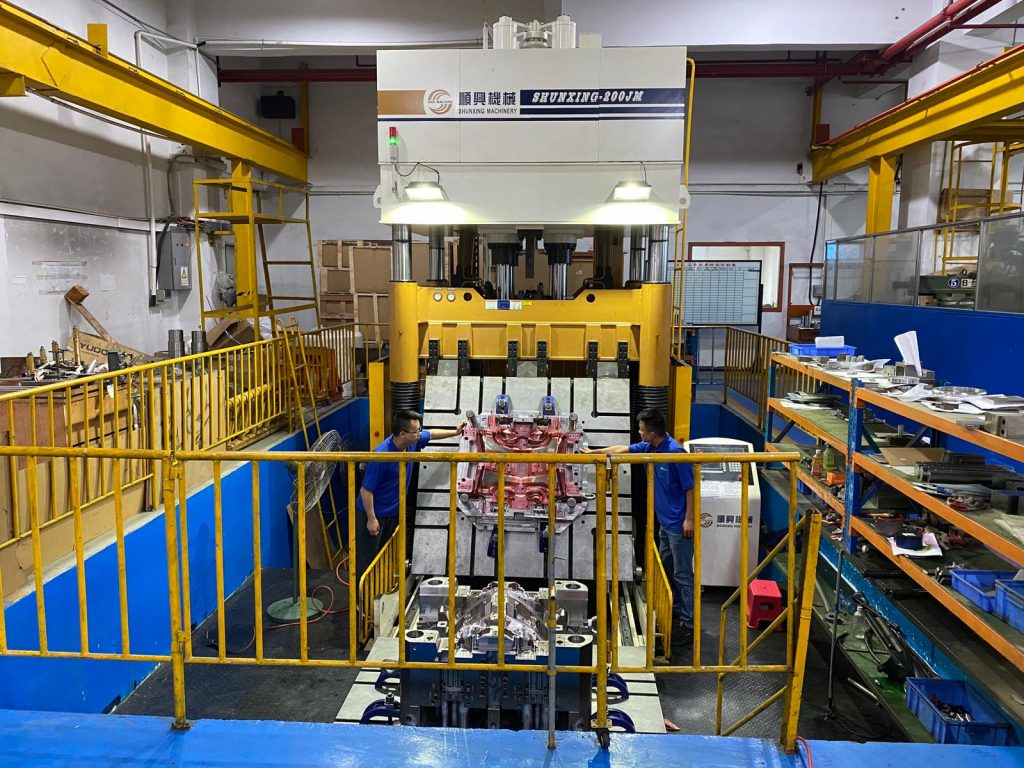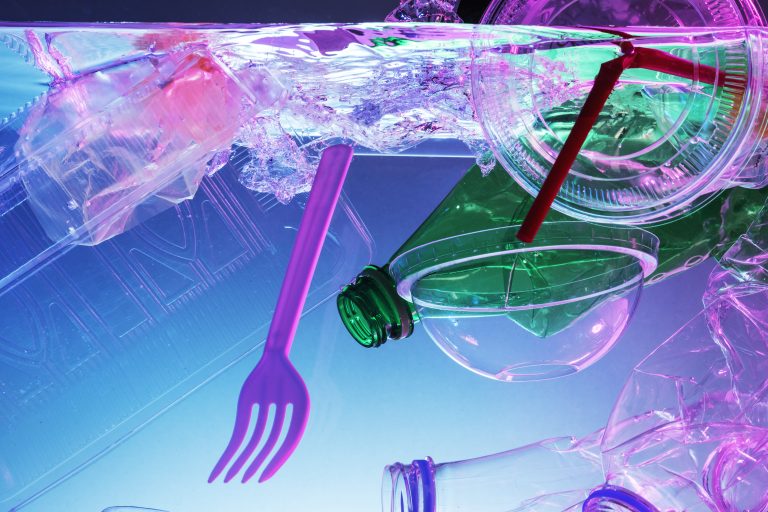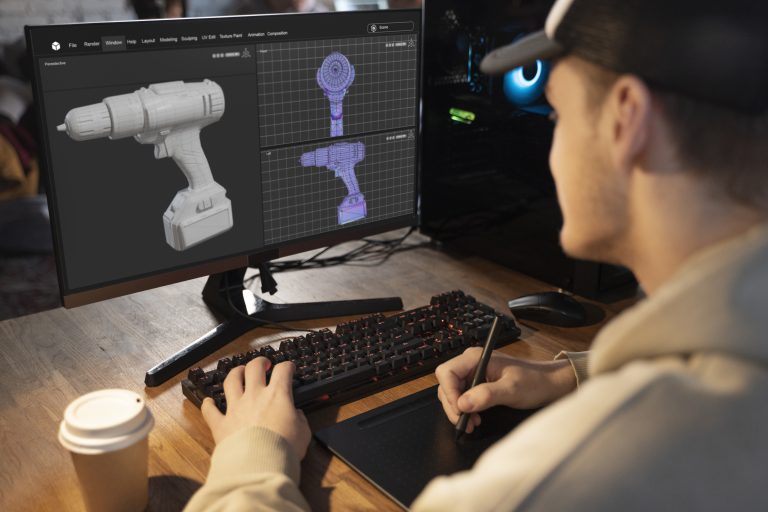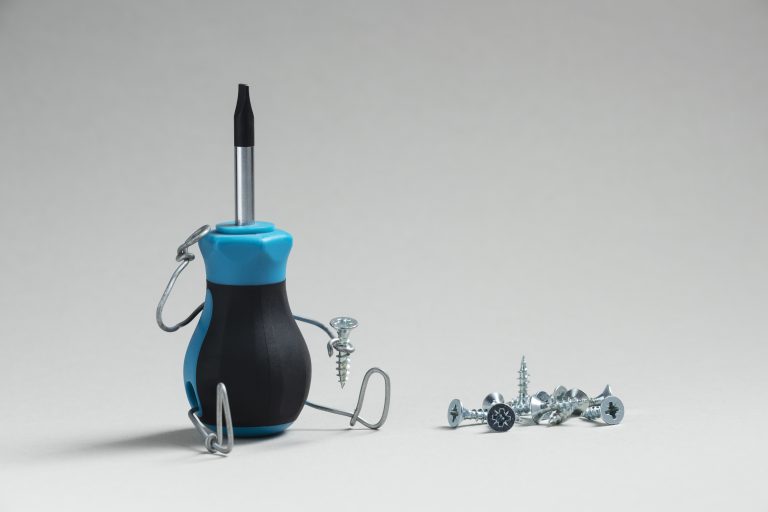For manufacturers using plastic injection moulding techniques that require a controlled environment for their production processes, clean room assembly is critical. Many industries rely on production methods being completely free from contaminants like dust, airborne microbes, aerosol particles and chemical vapours. This is to make sure that the items being produced are kept totally clean and free from any pollutants or debris that could impact upon performance.
Ensuring a sterile environment is particularly crucial for the medical device and pharmaceutical sectors. Both industries require regular intricate component assemblies for components that would be significantly impeded by unwanted dust or debris entering the process. Many other industries benefit from clean room assembly too, particularly those that must comply with the relevant ISO standards for contaminant-free manufacturing. These include electronics, aerospace, life sciences, military, IT and engineering, to name just a few.
How clean is a clean room?
Clean rooms offer different classifications, relating to the number of particles per cubic foot they contain. A certified class 10,000 environment will contain 10,000 particles per cubic foot, for example. For comparison, the average office can have between 500,000 to one million particles per cubic foot. Outside in urban areas, this can rise to 35 million or more.
Clean room particle numbers are analysed using a light-scattering particle counter to ensure accurate results. Powerful HEPA filter units maintain the sterile environment by trapping particles in the air that are larger than 0.3 microns. These filters must be kept switched on at all times to maintain the correct conditions. For more extreme filtration needs, ultra-low particulate air filters (ULPA) can also be installed. Clean rooms also offer strict humidity control for temperature-sensitive manufacturing and assembly projects.
In addition to the filters and humidity controls, there are extremely stringent cleaning procedures in place inside and around clean rooms that are designed to avoid introducing contaminants into the room. These include wiping surfaces and equipment regularly with specialist solutions and swabs, keeping doors closed, wearing clean room suits (to prevent particles being released from standard clothing) and prohibiting the consumption of food and drink in the room. Clean room operators can also ban jewellery, make-up, Velcro strips, unapproved adhesive tape, fabrics and other materials subject to uncontrolled microbes from being brought inside.

Which industries can benefit from clean room assembly?
Clean room assembly is a key part of several specialist manufacturing processes, including plastic injection moulding. In the medical and pharmaceutical sectors, plastic injection moulding and clean room assembly are key to producing components for artificial limbs, orthopaedic devices, pacemakers and implants. Also on the list are surgical instruments, diagnostic and patient monitoring components, medicine delivery systems and specialist packaging. All needing to be produced in a sterile environment to prevent contamination and compromised performance.
In the electronics and IT sectors, humidity is a key factor. Delicate computer chips and circuit board components can be damaged by exposure to too much humidity, as well as dust particles and other pollutants. Clean room assembly helps prevent this, as well as eliminating static for the process and ensuring a fully controlled environment.
Likewise, for biotech and life sciences applications, the sensitive nature of the applications that the plastic injection moulded components are being created for required a strict adherence to cleanliness and anti-contamination measures. This is especially key for research-based applications, as any pollutants could affect test results and therefore the integrity of the overall research. Food industries require equally exacting hygiene standards for packaging processed foods, for example, as well as to combat the growth of mould, bacteria or fungi inside the containers and packaging being manufactured.
Elsewhere, other industries that can benefit include the aerospace and automotive sectors. These require highly precise components for delicate engines, onboard computers and tools. Safety standards are very strict and technologies involved are state-of-the-art. Finally, clean room assembly is critical to the manufacture of lenses and camera equipment, as well as nanotechnology, which is characterised by extreme sensitivity to particles and contaminants.
In fact, most industries can find uses for clean room assembly, given its ability to prevent pollutants entering the manufacturing process and the stringent controls around temperature and humidity that protect the delicate components being created inside.





